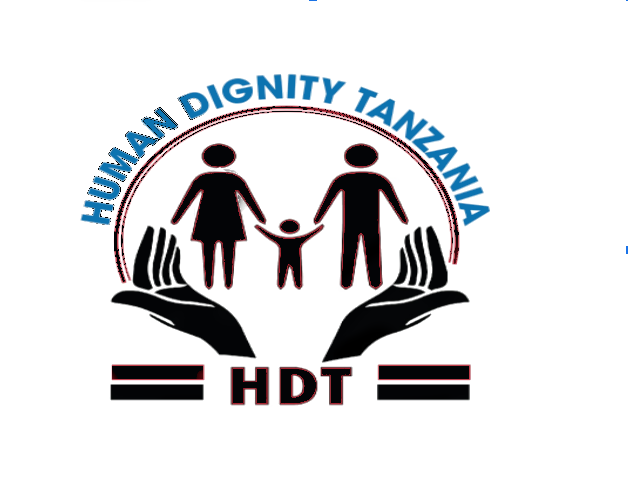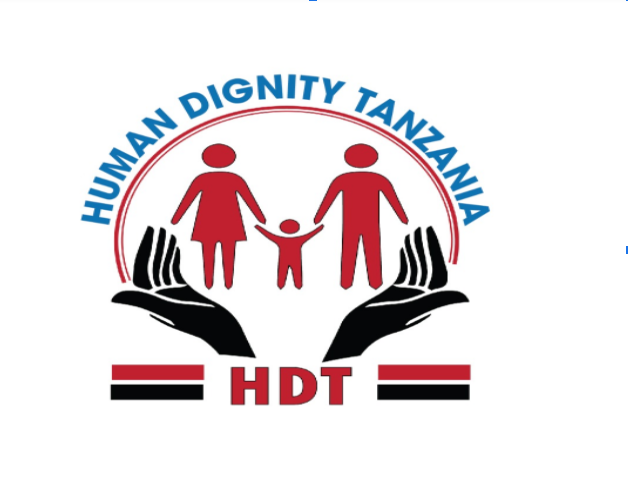According to a UN expert on prison reform, prison systems and the more than 11 million prisoners worldwide have been disproportionately affected by COVID-19. It’s estimated there are more than 527,000 prisoners who have become infected with the virus in 122 countries with more than 3,800 fatalities in 47 countries. The inability to quarantine or practice social distancing, together with overcrowding, imperils the lives of many people incarcerated in jails and prisons. Worldwide, the COVID-19 pandemic has had a devastating impact on prisoners. The prison environment and prisoner health put prison populations at a higher risk of contracting COVID-19. Outbreaks of COVID-19 in prisons affect not only the people who are confined or working there, but also the surrounding communities. Because it is not a totally closed environment. People come in and out every day. Not only staff, but also service providers, lawyers, and prisoners themselves. So, if you’re not protecting prisons, you’re not protecting the community. Efforts to control COVID-19 in the community are likely to fail if strong infection prevention and control measures, testing, treatment and care are not carried out in prisons and other places of detention as well. Human Dignity Tanzania is aiming to work with partners and frontline health-care workers to support materials on preparedness, prevention and control of COVID-19 in prisons and other places of detention. For example in this initial stage, through contributions from Human Dignity Tanzania stakeholders, we are in the initial stage to set up hand-washing facilities with running water and soap in a few selected prisons so as to ensure that prisons and visitors also take the required measures. But also prisoners should be encouraged and supported to receive the COVID-19 vaccine, this is due to the fact that vaccination is key to controlling COVID-19 and reducing its impact on the population. Human Dignity Tanzania Coronavirus (COVID-19) and prisons project long term goals are:- To be in a position to provide prison authorities with urgently needed PPE including infrared thermometers, water tanks, face masks, gowns, gloves, and hand sanitizers. To set video conferencing equipment to some of the prison in order to accelerate case management through virtual court hearings. Making strides in each of these areas requires the mobilization of significant resources and funds.




